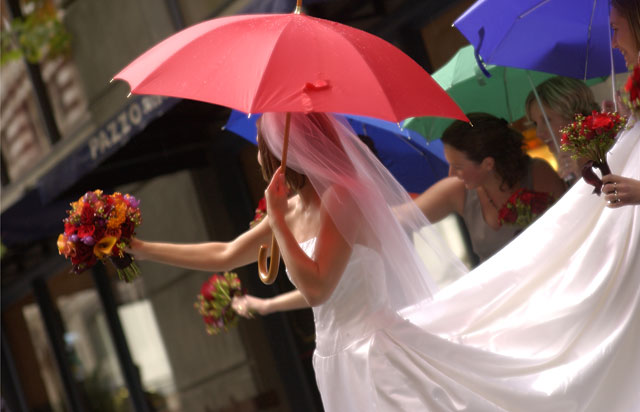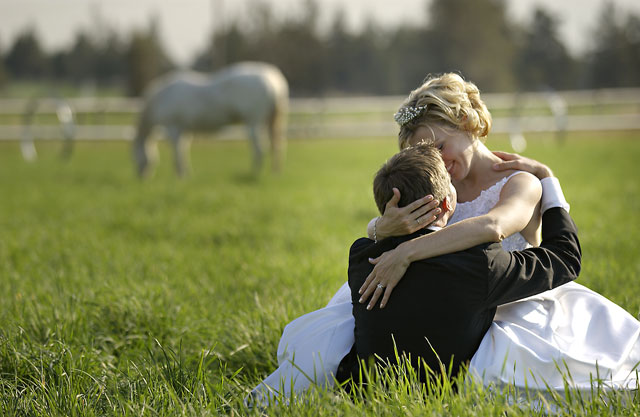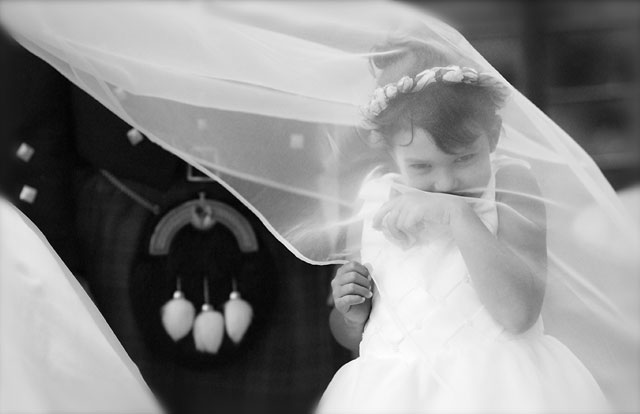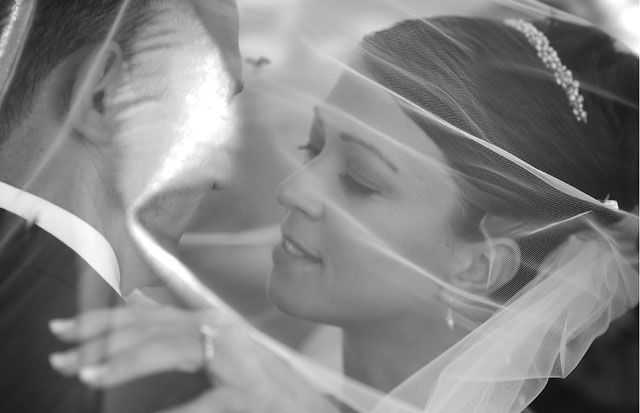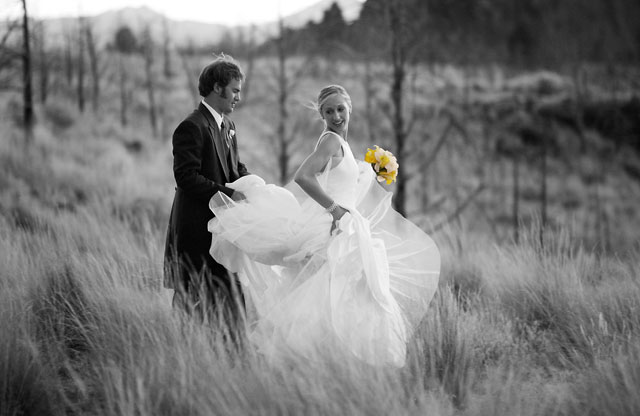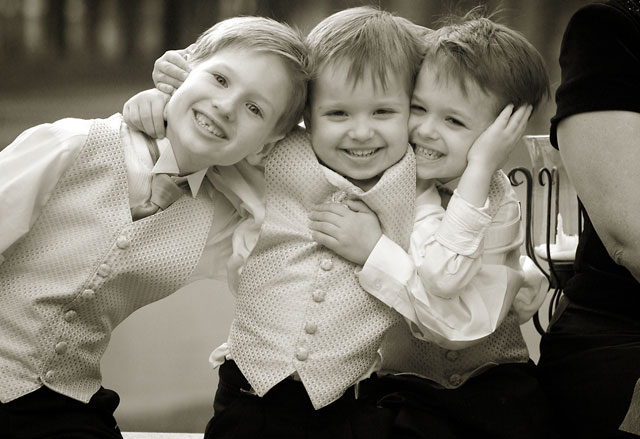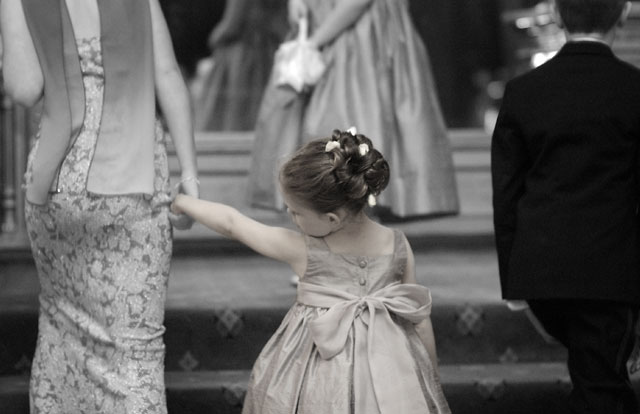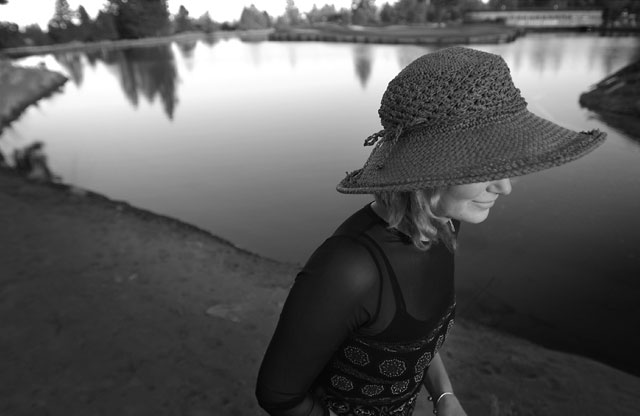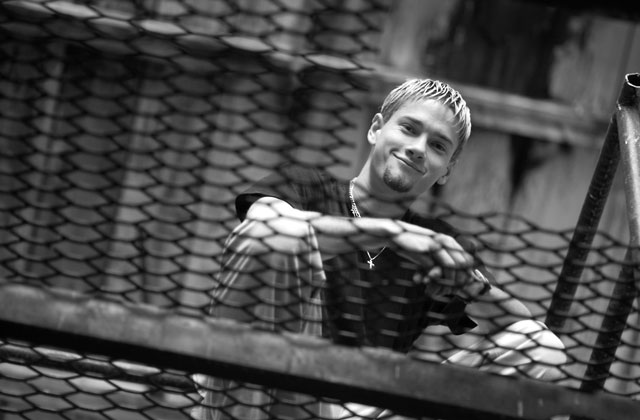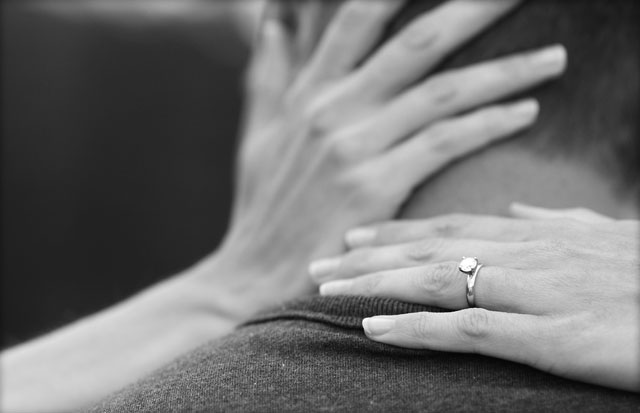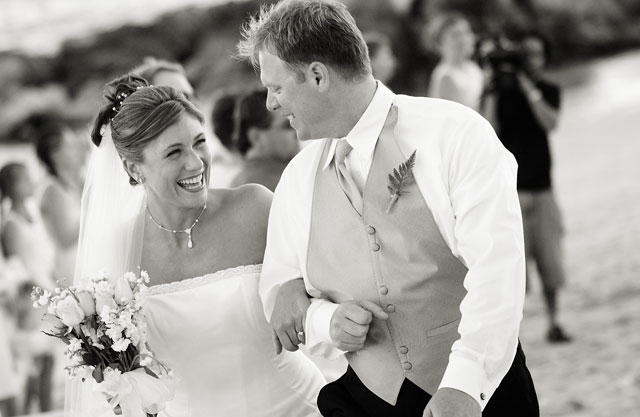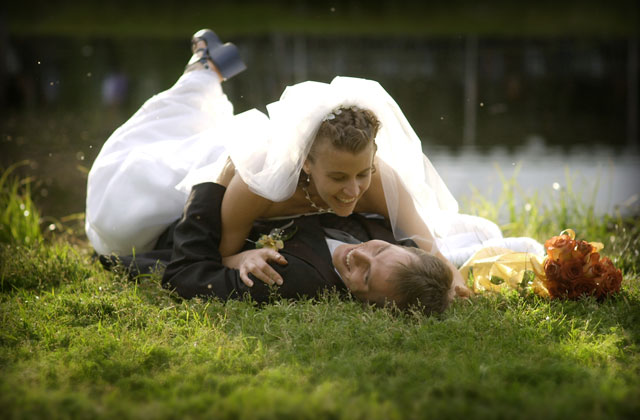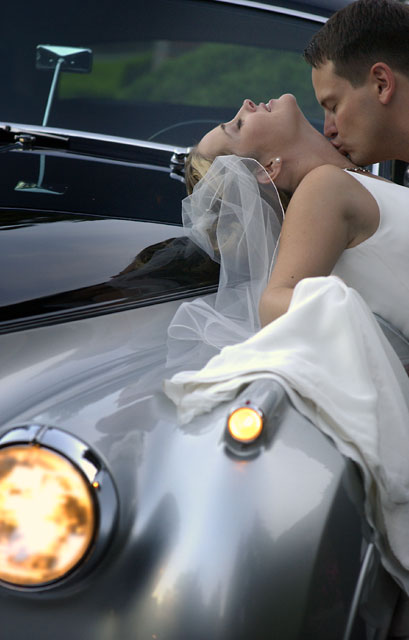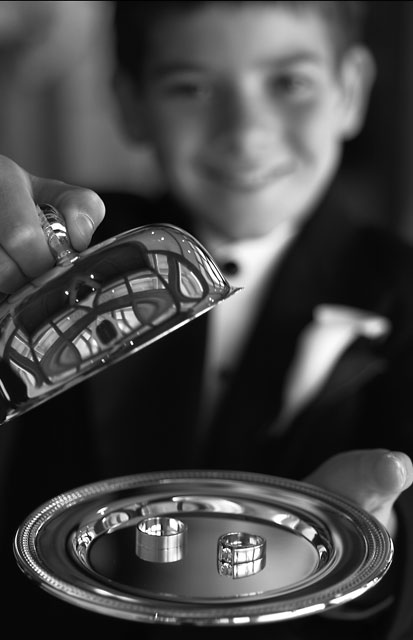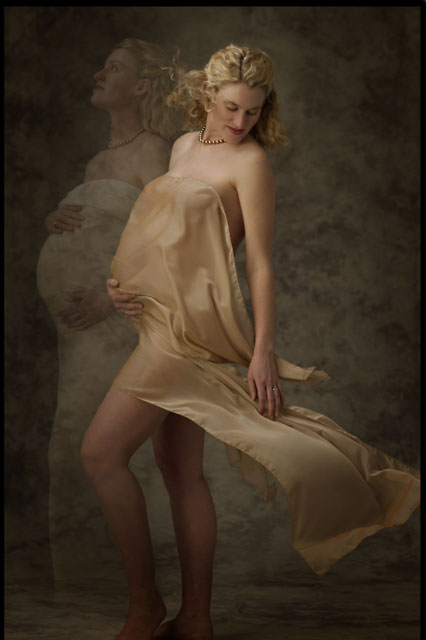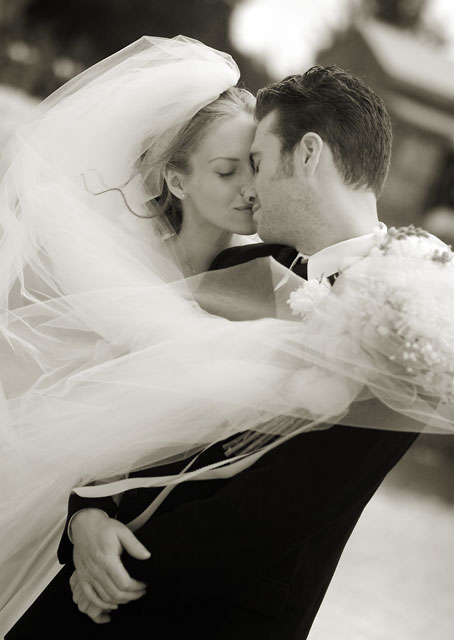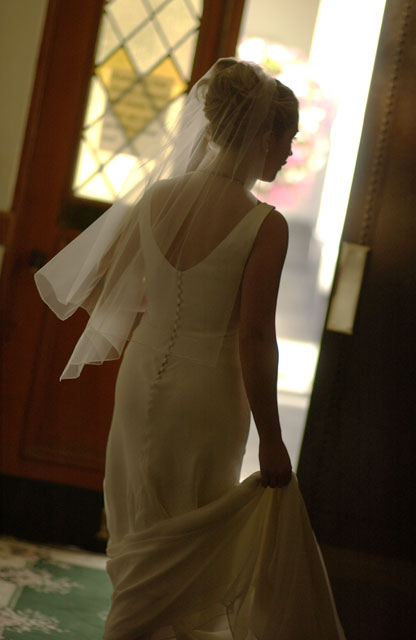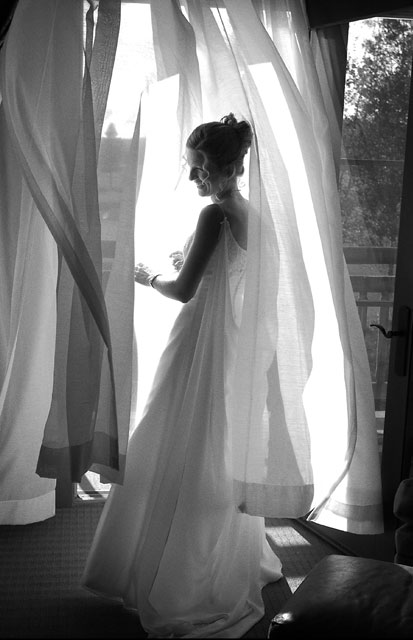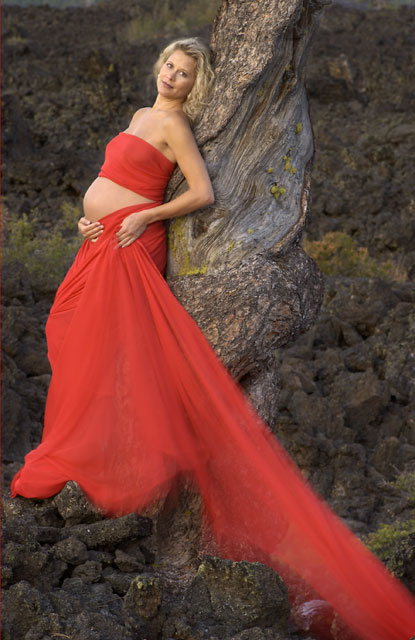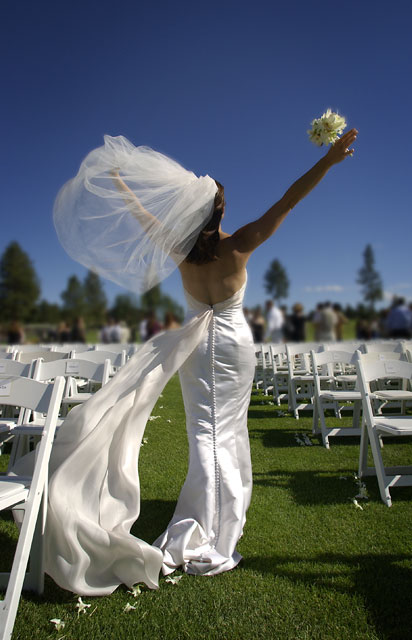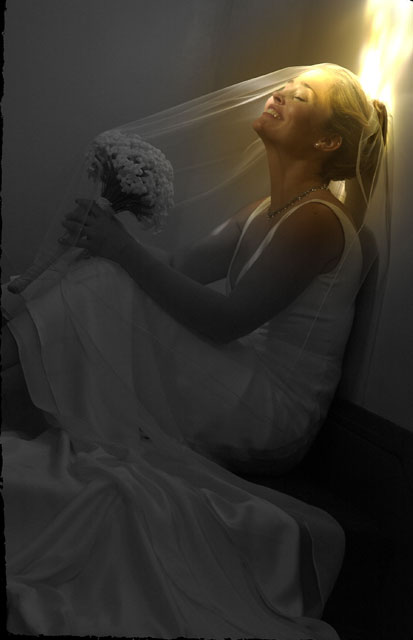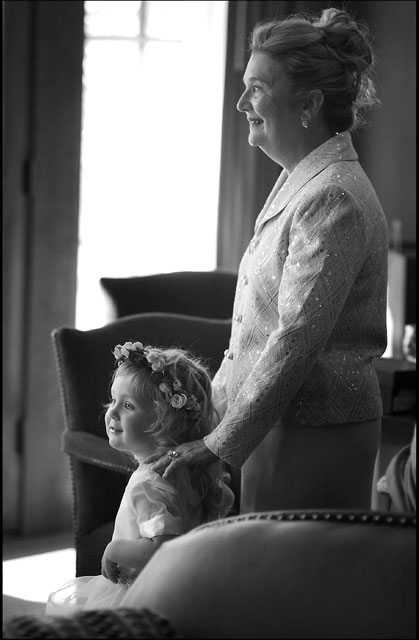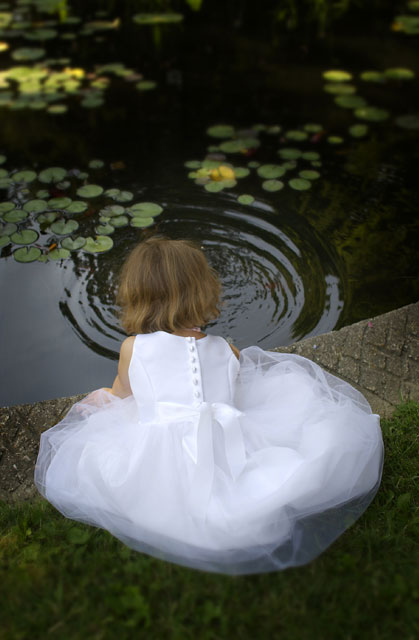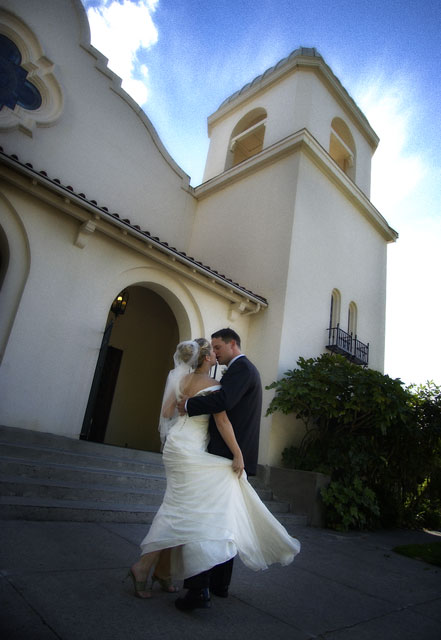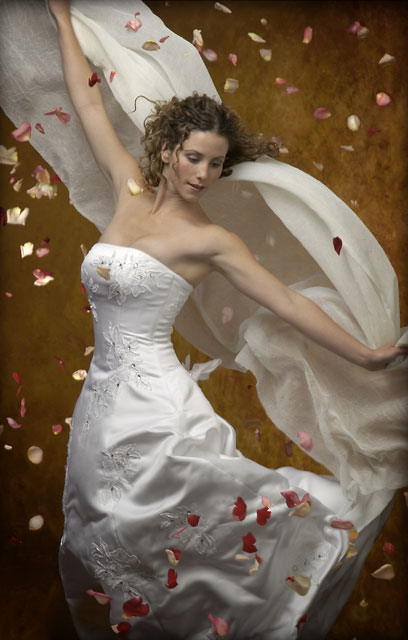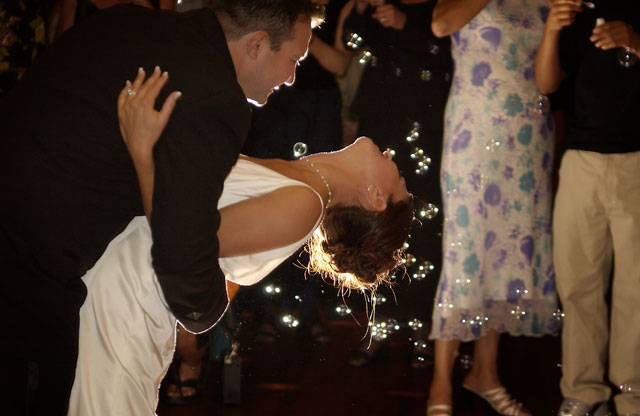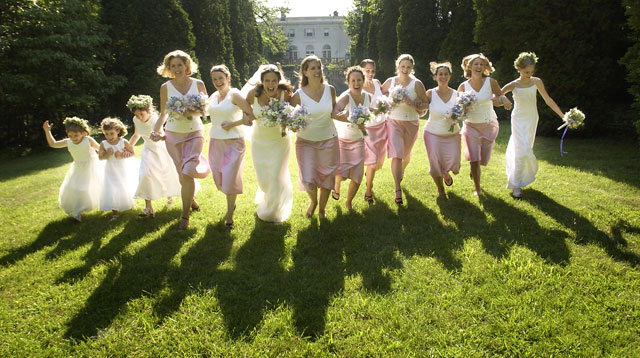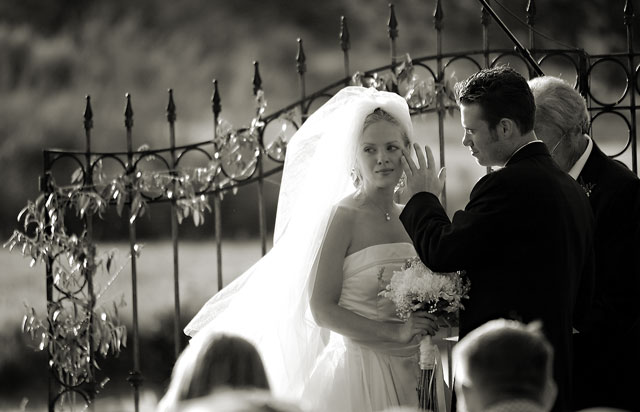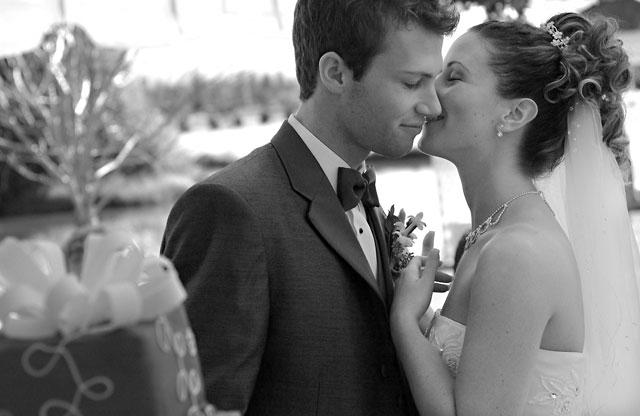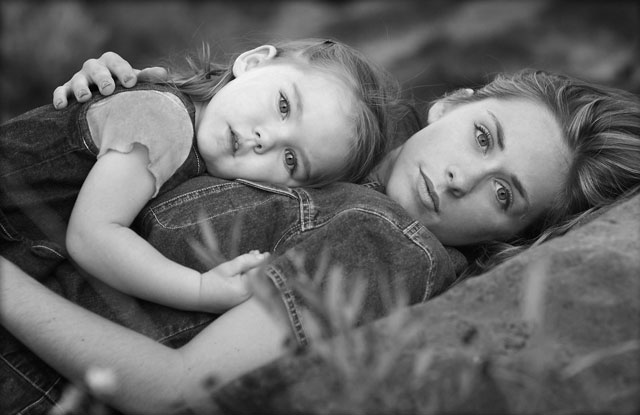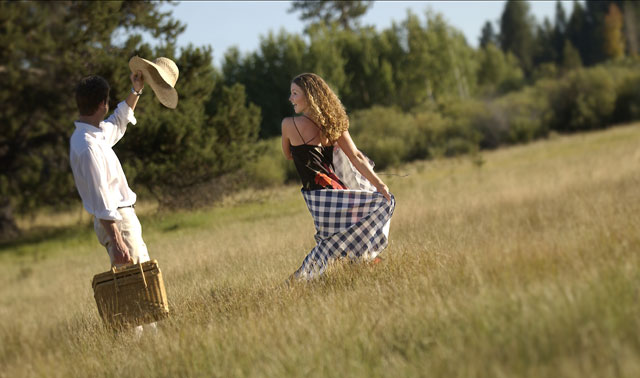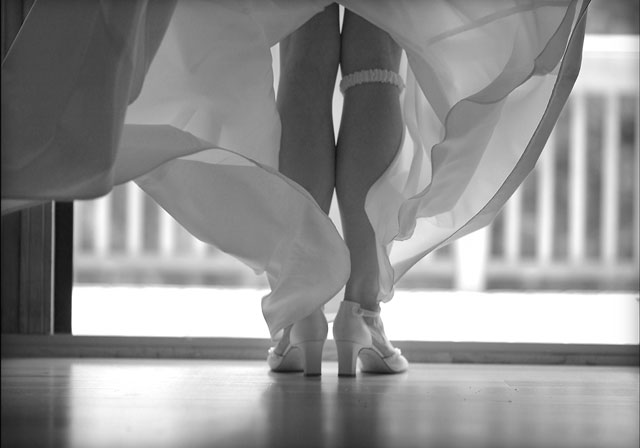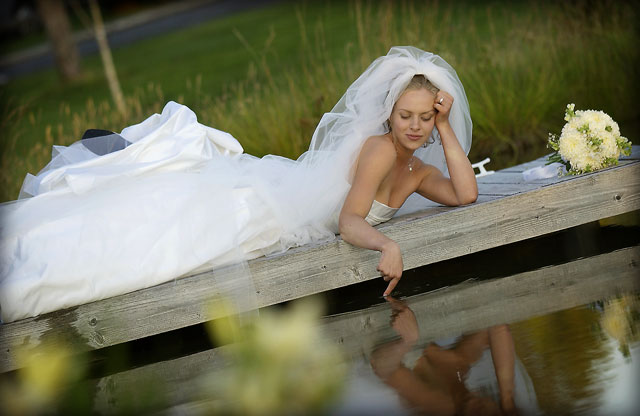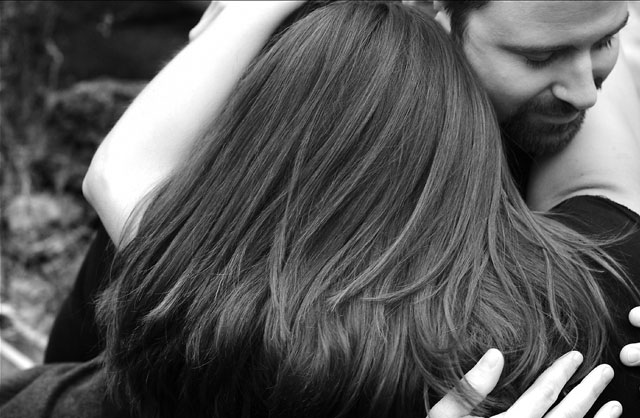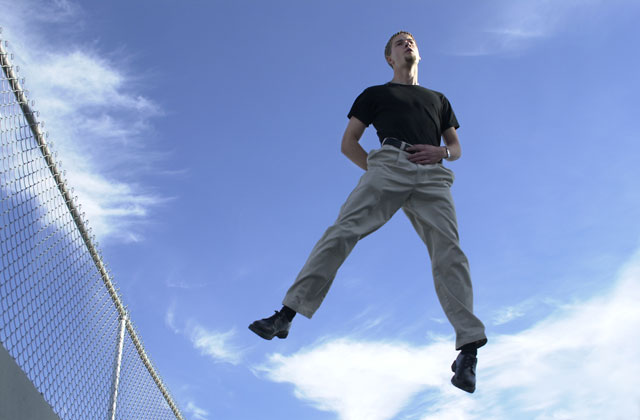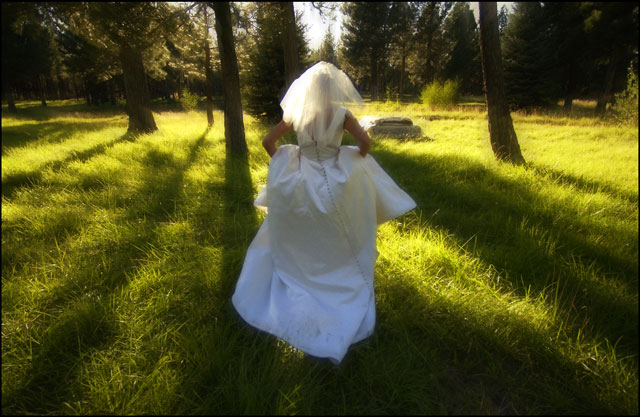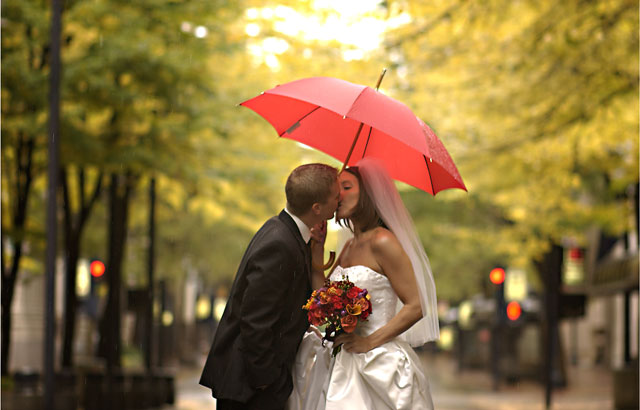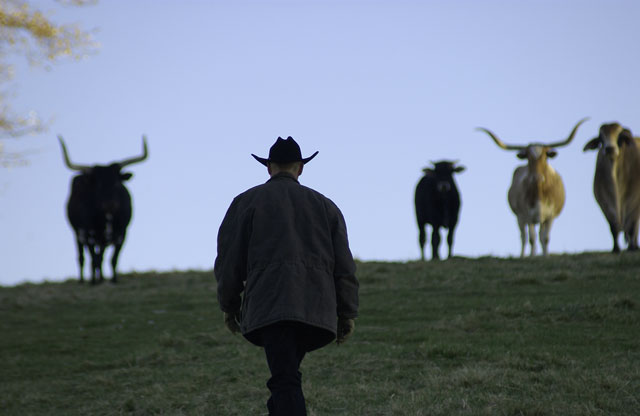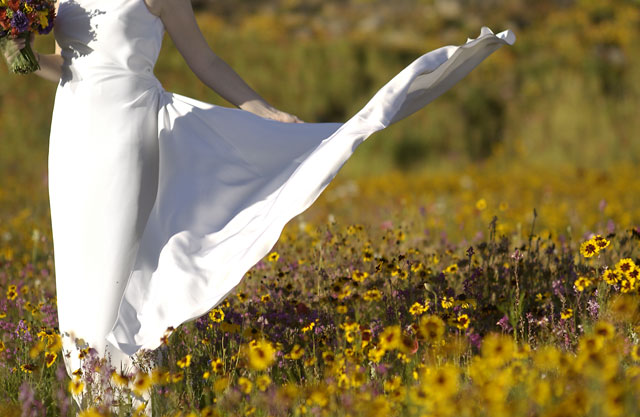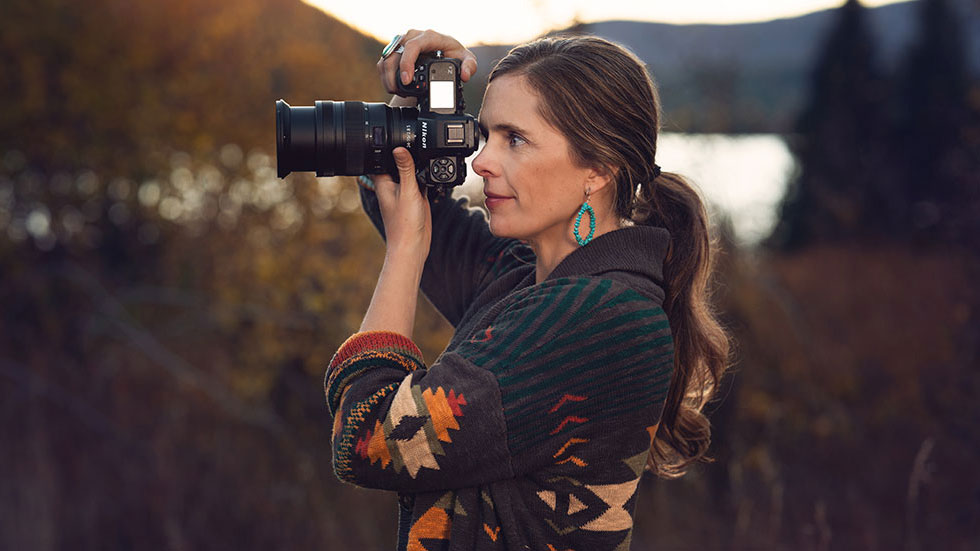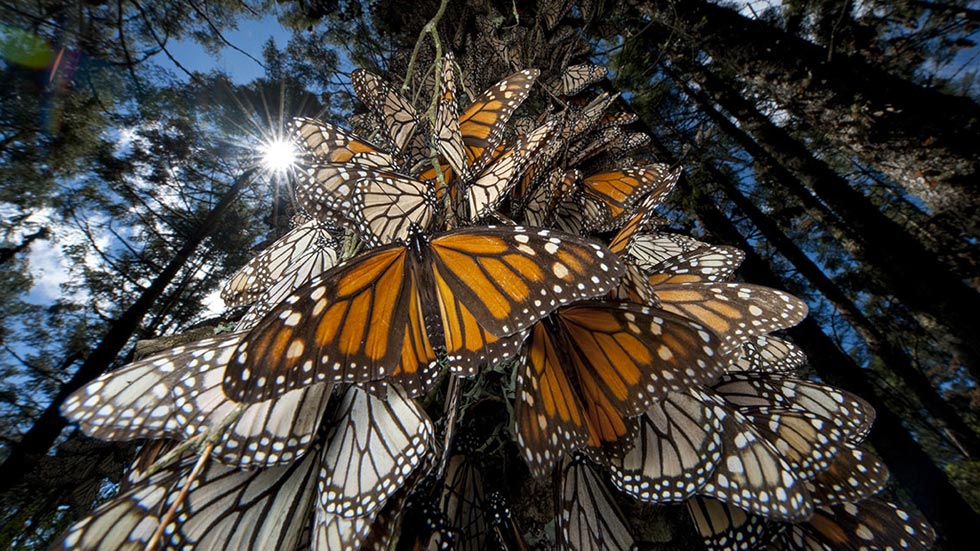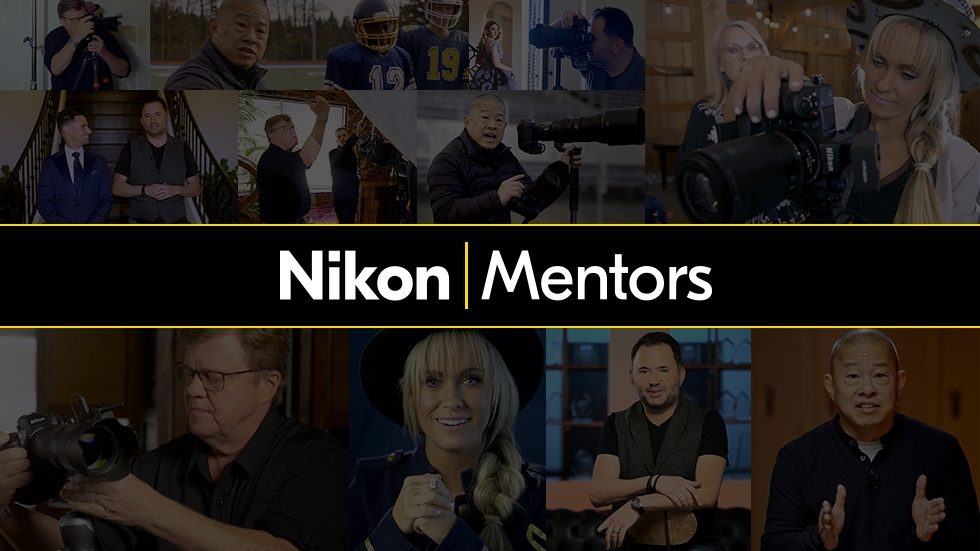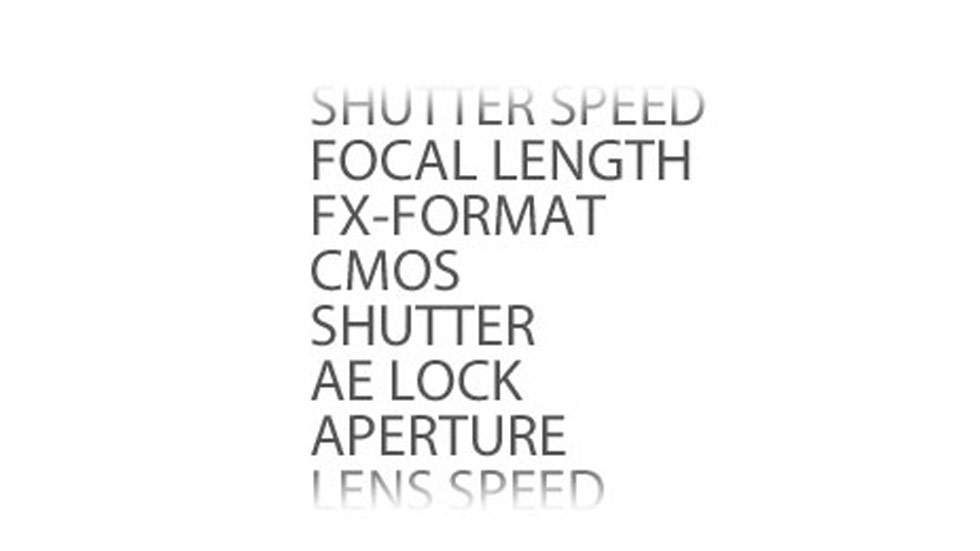Miles of Aisles
Kevin Kubota is a Nikon Legend Behind the Lens
When there are no big gestures, go for the small ones.
"On the wedding day we kind of play it by ear," says wedding and portrait specialist Kevin Kubota. "I get a feel for what the couple is like, whether they're outgoing or shy. I'll read that and offer suggestions for things they might do."
And Kevin's found that you have to offer. "If you just stand back and wait for them to do something, most of the time nothing's going to happen. It's all about putting them at ease and then putting them in the proper setting to get them in the mood. I might just take them out, away from the crowd, down by the water, in a field, and I might suggest that they just go off by themselves, and I capture what's happening."
And for a shy couple, one not so spontaneous, outgoing or expressive? "Well, then, I'll just go with that," Kevin says. "I might ask them what they'd like to do or where they'd like to go. If they're very quiet, then I just go for a more intimate look. I'll go with close-ups of, say, their hands touching."
If you were asked to categorize Kevin's style of wedding photography, photojournalism would definitely come to mind. But Kevin has said that he doesn't like to use that term to refer to his work "because pure photojournalism implies that you had no hand in creating the picture, and I definitely do give ideas and suggestions to the bride and groom. I'm very low-key, and I'm very casual in the way I work with the couple, but I have a lot of input into setups and poses."
To have that input, he first has to have the couple's trust. "I build the comfort level and the trust of my clients before the wedding. They come into my studio and see the kind of images I do and tell me they love the look of the pictures and that's what they want for their wedding. I tell them in order to get it, they have to trust in my suggestions. So on the wedding day, I might say to the groom, 'Grab your bride's hand and let's just run this way—let's play over here and see what happens.' So they know what to expect, and that puts them at ease. But I don't try to impose my imagination on them—it's my feelings coupled with what they're feeling at the time."
The key is that the couple have confidence in Kevin's abilities and his ideas. "When I teach, photographers always ask me, 'How do you get your couples so relaxed, so natural?' I tell them it's all about self-confidence. You can't be shaken by anything. I'll often suggest something and the couple will say, 'You want us to do what? Lie down in the grass? Run around over there?' You've got to be confident in asking them to do it; you have to know it's going to work. A lot of photographers won't even try it, thinking the clients won't do it. Or maybe they suggest it and then back off if the couples don't seem to get the idea. But you've got to believe in yourself even if everyone else is laughing at the idea. Generally those are the shots that come out the coolest."
I look for the little storytelling details. People ask me why I'm taking pictures of a hand or a gesture or part of an embrace, but if that picture conveys the feeling of the moment, it's an important picture.
While style is important, so is content. "I look for the little storytelling details," Kevin says. "People ask me why I'm taking pictures of a hand or a gesture or part of an embrace, but if that picture conveys the feeling of the moment, it's an important picture."
Kevin says that anticipating those key moments, looking for the cues and clues to emotion in the scene, is a big part of being a good wedding photographer. "The other thing is that you have to know your equipment so well that you're not even thinking about it when you need to capture that moment."
Weddings are his main work—he photographs about 40 each year—but as you can see from the images here, portraits are also part of the business. And so is teaching.
Kevin, who has been shooting his weddings with digital cameras since 1999, runs Kubota Workshops, which he calls digital photography boot camp.
"The workshop is a week-long intensive session that covers everything about converting a wedding photography studio to a digital operation."
Though his workshops are designed for working professional photographers and photographers with pro aspirations, Kevin's belief in the advantages of digital may benefit amateurs as well. "The main advantage of digital," he says, "is that it enhances creativity. People always talk about the cost saving and the instant gratification of digital, but I've found that the most important thing is that it makes you a better photographer, a more creative photographer, simply because you can step outside the box and try things that are a little different.
"With digital, there's no need to hold back. You never worry about the cost of the shot or whether it's going to work. You just try whatever comes to mind. You'll shoot more because you're experimenting, and you instantly see what you got so you can analyze what you did right or wrong. And what you did right becomes part of your repertoire immediately. That's the long-term benefit of digital photography."
And digital also means going beyond the camera into the digital darkroom, where Kevin can control color or add a bit of light to faces—"I call it digital fill-flash"—or darken the edges of a frame for dramatic effect. "Digital enables you to do so much more."
Ultimately, though, the technically perfect image isn't his goal. "I want the image that has some emotion, some impact. Those are the images that the wedding couple loves to see, and the ones I love to do."
 |
Kevin Kubota has been an NPS member since 2000. |

